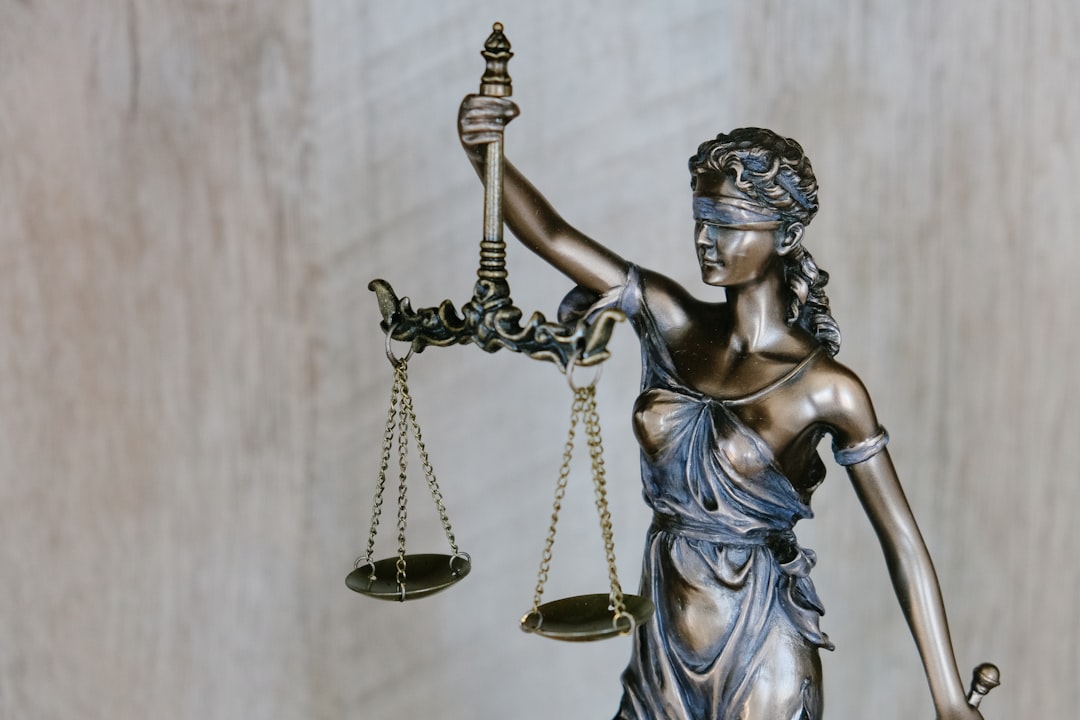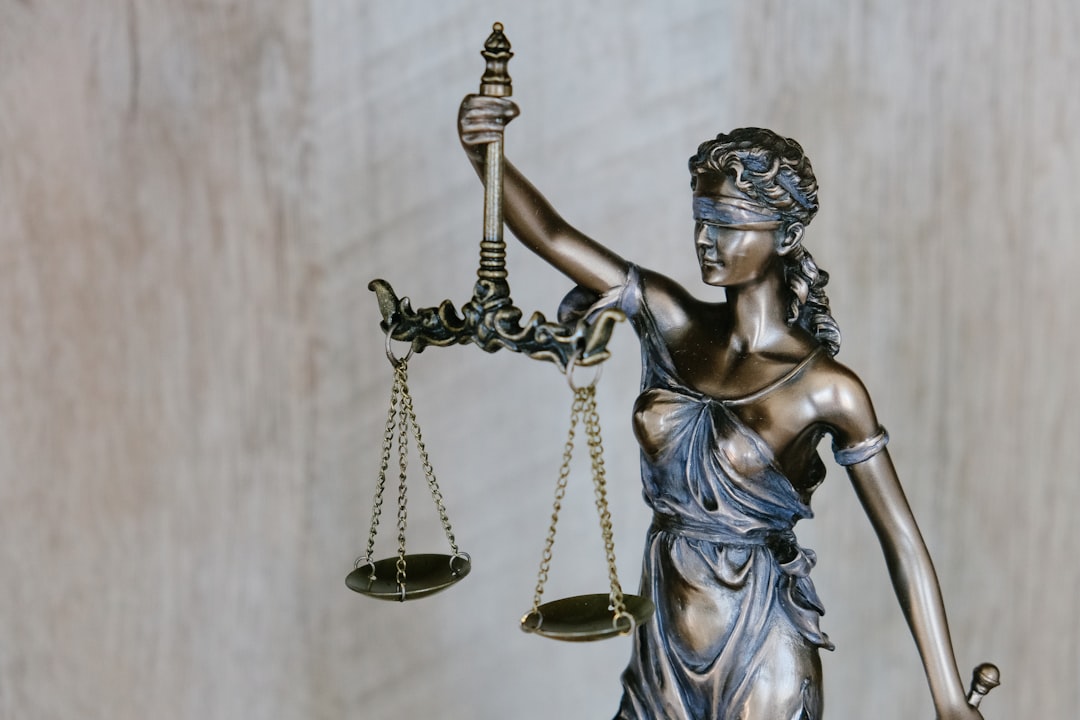In Connecticut, seeking justice for survivors of sexual abuse is a vital step towards healing and accountability. Understanding state laws and the available legal options is crucial. This article guides victims through the process, highlighting the critical role of a sexual abuse lawyer in navigating complex legal systems. We explore resources, advocacy, and the steps to seek compensation, empowering survivors to take control and find closure. For Connecticut residents, connecting with a skilled sexual abuse lawyer can be transformative in their journey towards justice.
Understanding Connecticut's Sexual Abuse Laws

In Connecticut, understanding the laws surrounding sexual abuse is crucial for survivors seeking justice. Any form of sexual activity or contact without consent is illegal and can result in criminal charges against the perpetrator. A sexual abuse lawyer in Connecticut plays a vital role in helping survivors navigate this complex landscape by explaining their legal rights and options for pursuing civil remedies.
Survivors may be eligible to file a lawsuit against the abuser, seeking compensation for physical and emotional injuries resulting from the abuse. These laws not only provide a platform for justice but also serve as a deterrent, aiming to protect individuals from sexual assault and ensure that survivors receive the support and accountability they deserve.
The Role of a Sexual Abuse Lawyer

When survivors of sexual abuse in Connecticut seek justice, the role of a skilled sexual abuse lawyer is invaluable. These attorneys specialize in navigating complex legal systems to ensure that victims’ rights are protected and that they receive the support and compensation they deserve. They have in-depth knowledge of state laws pertaining to sexual assault cases, which can be crucial for building a strong case against perpetrators or institutions responsible for the abuse.
A sexual abuse lawyer Connecticut residents trust will advocate for their clients’ interests, providing guidance throughout the legal process. They help survivors understand their options, including civil lawsuits for damages and criminal charges against the abusers. With their expertise, they can gather evidence, interview witnesses, and present compelling arguments to achieve a favorable outcome, offering closure and justice for those who have suffered such traumatic experiences.
Supporting Survivors: Resources and Advocacy

Surviving sexual abuse is a challenging journey, and it’s crucial that survivors in Connecticut have access to comprehensive support. Many organizations and initiatives are dedicated to empowering victims and ensuring they receive the justice they deserve. These resources include legal aid from qualified sexual abuse lawyers in Connecticut, who offer guidance and representation tailored to each unique case. They help survivors navigate complex legal systems and fight for their rights.
Advocacy groups play a vital role in providing emotional support, raising awareness, and advocating for policy changes. Survivors can connect with peer support networks, counseling services, and hotlines specifically designed to help those affected by sexual abuse. These initiatives create a safety net, fostering a sense of community and encouraging individuals to share their stories and seek the help they need.
Seeking Justice: Legal Steps for Compensation

Survivors of sexual abuse in Connecticut have legal options available to seek justice and compensation for their traumatic experiences. The first step is to consult with a qualified sexual abuse lawyer Connecticut who specializes in this area. These attorneys have the expertise to guide survivors through complex legal processes, ensuring their rights are protected. They can help navigate various legal avenues, including civil lawsuits against perpetrators or institutions responsible for the abuse.
A sexual abuse lawyer Connecticut will assess the unique circumstances of each case and advise on potential claims, such as personal injury, negligence, or violation of civil rights. They will gather evidence, interview witnesses, and negotiate with insurance companies or defendants to secure a fair settlement or, if necessary, represent the survivor in court. The process aims to provide financial compensation for physical and emotional injuries while holding abusers accountable for their actions.





